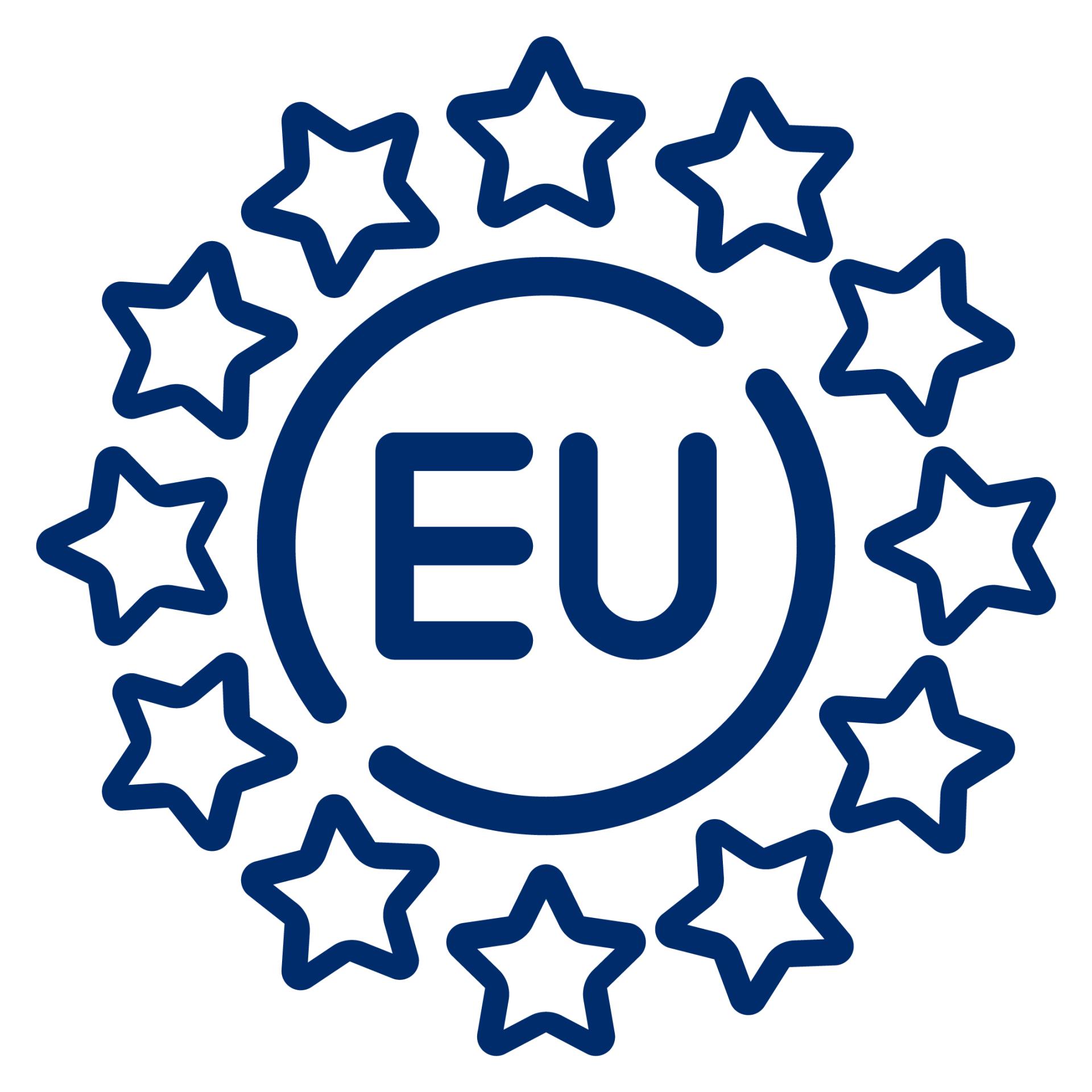It is the ambition of the European Union to be a climate-neutral continent by 2050. To that end, the Green Deal has been drawn up with a number of regulations that impact all sectors. One of the pillars of this Green Deal is to transform the economy into a circular one, which requires existing materials, parts, and products to be used for as long as possible, reused, repaired, or recycled.
Making this possible requires one single, shared language, in order to ensure that information and product data can be shared in a harmonised and standardised manner. This, in turn, will ensure that all stakeholders in this circular economy can communicate efficiently.
Below are several important regulations for which GS1 provides its members with support and advice.

Legislation | What? | For whom? | Timing |
|---|---|---|---|
| Ecodesign for Sustainable Products Regulation (ESPR) | Making products more sustainable and more circular. The Digital Product Passport (DPP) is part of this. | All companies that want to launch products on the European market. | First products with DPPs expected in 2027. |
| Corporate Sustainability Reporting Directive (CSRD) | Giving an insight into the environmental, social, and ethical risks and how they can be improved. |
| |
| Corporate Sustainability Due Diligence Directive (CSDDD) | Mapping, restricting, and preventing adverse human rights and environmental impacts caused by companies across their entire value chains. | Companies with more than 1000 employees and an annual turnover of more than €450 million. | Expected to come into force in mid-2027. |
| EU Deforestation Regulation (EUDR) | Before products are allowed to be sold on the European market, it must be demonstrated that they have not contributed to deforestation. | All companies operating in wood, rubber, soy, cacao, coffee, beef, and palm oil. | The regulation is scheduled to come into effect on December 30 2025, following a proposed one-year postponement by the European Commission. For SMEs, this will be 30 June 2026. |
| Packaging and Packaging Waste Regulation (PPWR) | Regulations intended to reduce packaging waste and/or encourage greater reuse. | EU companies and non-EU companies that import packaging into the EU. | Expected start in 2025. |
| Green Claims Directive | A supplement to the EU ban on greenwashing; introduces a verification system for companies that wish to make environment-related claims. | Applies to all companies that make “green claims” for consumers in the EU. | To be confirmed. |
How can GS1 help?
Meeting the various reporting obligations imposed by these pieces of legislation requires companies to collect large amounts of information. GS1 provides both clear identification of products and a coherent framework by offering a one single, harmonized language that is used through the product life cycle.
This in turn facilitates a circular economy involving a diverse range of stakeholders.
Do you need support in relation to one of these regulations?
Contact us by sending an email to innovation@gs1belu.org.
